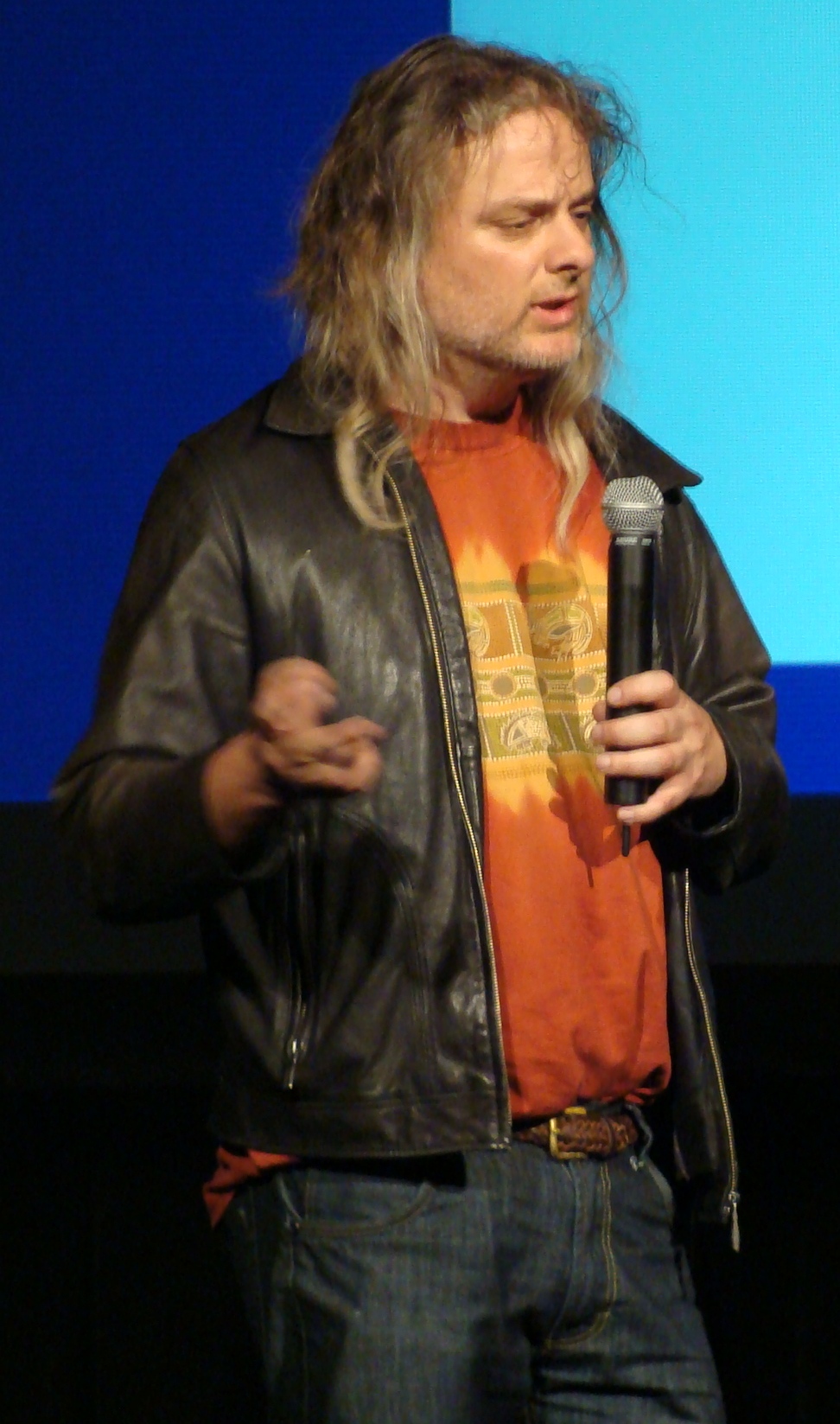The Conscious Mind: In Search of a Fundamental Theory (1996)
David Chalmers: Citations en anglais
"Facing Up to the Problem of Consciousness," 1995
“Conscious experience is at once the most familiar thing in the world and the most mysterious.”
The Conscious Mind: In Search of a Fundamental Theory (1996)
"Facing Up to the Problem of Consciousness," 1995
The Conscious Mind: In Search of a Fundamental Theory (1996)
The Conscious Mind: In Search of a Fundamental Theory (1996)
The Conscious Mind: In Search of a Fundamental Theory (1996)
"Facing Up to the Problem of Consciousness," 1995
When we think and perceive, there is a whir of information-processing, but there is also a subjective aspect. ...When we see, for example, we experience visual sensations: the felt quality of redness, the experience of dark and light, the quality of depth in a visual field. Other experiences go along with perception in different modalities: the sound of a clarinet, the smell of mothballs. Then there are bodily sensations, from pains to orgasms; mental images that are conjured up internally; the felt quality of emotion, and the experience of a stream of conscious thought.
"Facing Up to the Problem of Consciousness," 1995
